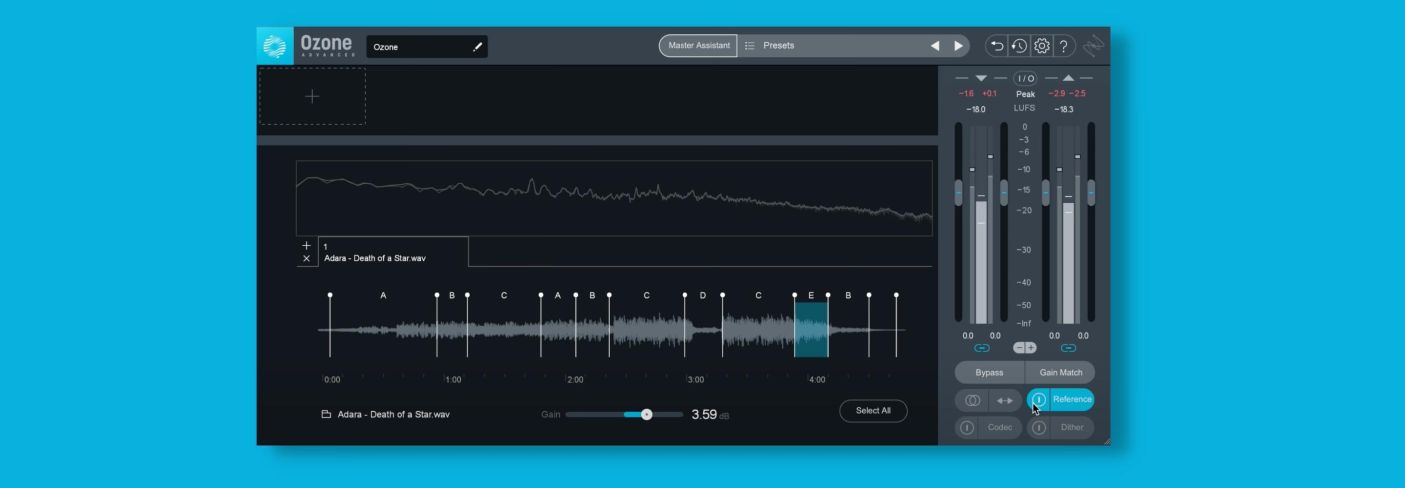Reference tracks offer numerous benefits, including enhancing the quality and consistency of your recording. Reference tracks are an essential tool for musicians and producers who are looking to improve their final product.
By using reference tracks, you’ll ensure that your recording meets a high standard of quality and consistency. They serve as a sonic blueprint for your mix, providing a benchmark to aim for in terms of tone, dynamics, and overall balance.
Reference tracks can also help you make more informed decisions during the mixing process, as you’ll have a clearer understanding of what works and what doesn’t. We’ll explore some of the key benefits of using reference tracks and how they can improve your recordings.

Credit: joeysturgistones.com

Credit: www.izotope.com
Frequently Asked Questions For Benefits Of Using Reference Tracks
How Do You Use Reference Tracks When Producing?
Reference tracks are used when producing music to provide a point of comparison and inspiration for the final mix. They help to ensure that your tracks sound professional, balanced and match the intended genre and style. You can use them to guide your EQ and compression settings, stereo image, and overall loudness.
What Are Reference Tracks In Hip Hop?
Reference tracks in hip hop are existing songs that are used as a guide or inspiration for creating a new track. They provide a template for the artist, and they can help with the production process, including the beat, flow, and overall song structure.
How Do You Level Match Reference Tracks?
To level match reference tracks, make sure they are all set to the same volume level. Use a loudness meter plugin to measure and adjust each track to match a reference track’s volume. Check the levels against multiple reference tracks to ensure the best results.
How Do You Use A Mix Reference?
To use a mix reference, play back a professionally mixed track and compare it to your own mix. Listen for differences in balance, tonality, and dynamics. Use the reference to guide adjustments to your own mix until it achieves a similar sound and quality.
Conclusion
Reference tracks are a vital tool for music producers, mix engineers, and composers. It’s a highly effective way to fine-tune one’s work and enhance one’s creative process. By using reference tracks, you can compare your mix to professional and well-mixed tracks, strengthen your tracks, and set a standard for your mix.
It’s a simple yet powerful take to ensure your music stands out from the crowd. So, make sure to use reference tracks and experience the difference it can make to your music career.